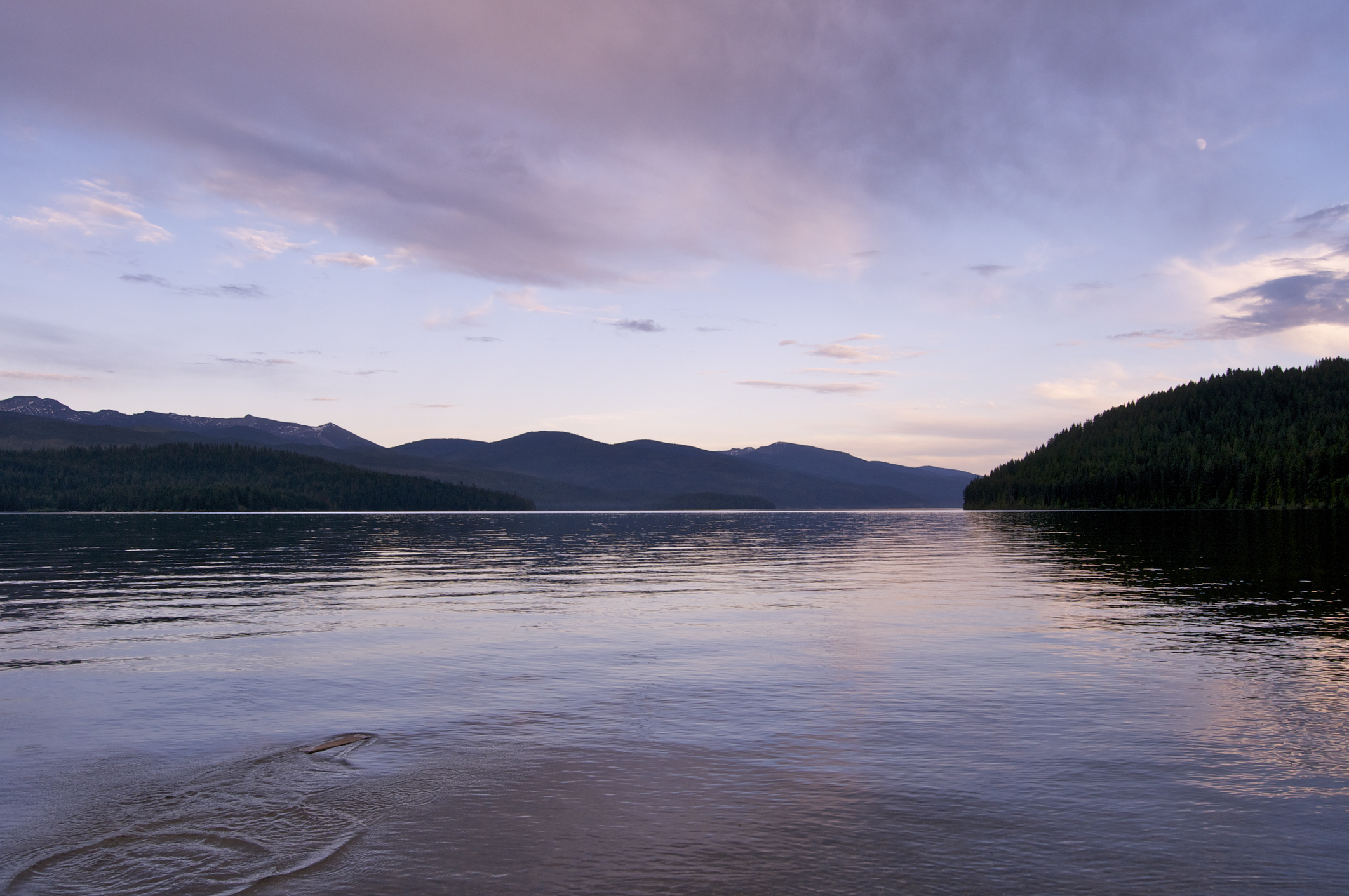The Supreme Court could limit federal protection against water pollution


A free daily email with the biggest news stories of the day – and the best features from TheWeek.com
You are now subscribed
Your newsletter sign-up was successful
At the start of its new term on Monday, the Supreme Court will hear a case that could limit the Environmental Protection Agency's ability to regulate water pollution. The case, Sackett v. EPA (2022), concerns the Clean Water Act passed in 1972, a landmark piece of environmental legislation against pollution.
Chantell and Michael Sackett have been involved in a 15-year dispute with the EPA regarding whether or not they could build a house on their property near Idaho's Priest Lake, Time reports. In 2007, the EPA rejected their request because the property contained wetlands under the protection of the Clean Water Act. In 2012, the Sacketts appealed to the Supreme Court but the case was sent back to a district court. The case was appealed again and will now be heard in the high court.
The Supreme Court is the most conservative it has been in decades, spelling trouble for the EPA. The Clean Water Act prevents pollution on all "waters of the United States," or WOTUS, a vague phrase that has never properly been defined in courts. However, given the court's current makeup, many believe the court will adopt former Justice Antonin Scalia's definition from Rapanos v. U.S. (2006), another case that dealt with WOTUS, excluding most wetlands and streams from the protection, Vox reports. The Court has already limited the EPA's control over air pollution in West Virginia v. EPA (2022).
The Week
Escape your echo chamber. Get the facts behind the news, plus analysis from multiple perspectives.

Sign up for The Week's Free Newsletters
From our morning news briefing to a weekly Good News Newsletter, get the best of The Week delivered directly to your inbox.
From our morning news briefing to a weekly Good News Newsletter, get the best of The Week delivered directly to your inbox.
This outcome "would be catastrophic," says Jon Devine of the Natural Resources Defense Council, "for the water quality purposes of the act."
A free daily email with the biggest news stories of the day – and the best features from TheWeek.com
Devika Rao has worked as a staff writer at The Week since 2022, covering science, the environment, climate and business. She previously worked as a policy associate for a nonprofit organization advocating for environmental action from a business perspective.
-
 Political cartoons for February 21
Political cartoons for February 21Cartoons Saturday’s political cartoons include consequences, secrets, and more
-
 Crisis in Cuba: a ‘golden opportunity’ for Washington?
Crisis in Cuba: a ‘golden opportunity’ for Washington?Talking Point The Trump administration is applying the pressure, and with Latin America swinging to the right, Havana is becoming more ‘politically isolated’
-
 5 thoroughly redacted cartoons about Pam Bondi protecting predators
5 thoroughly redacted cartoons about Pam Bondi protecting predatorsCartoons Artists take on the real victim, types of protection, and more
-
 Britain’s ex-Prince Andrew arrested over Epstein ties
Britain’s ex-Prince Andrew arrested over Epstein tiesSpeed Read The younger brother of King Charles III has not yet been charged
-
 Ex-South Korean leader gets life sentence for insurrection
Ex-South Korean leader gets life sentence for insurrectionSpeed Read South Korean President Yoon Suk Yeol was sentenced to life in prison over his declaration of martial law in 2024
-
 Rubio boosts Orbán ahead of Hungary election
Rubio boosts Orbán ahead of Hungary electionSpeed Read Far-right nationalist Prime Minister Viktor Orbán is facing a tough re-election fight after many years in power
-
 Key Bangladesh election returns old guard to power
Key Bangladesh election returns old guard to powerSpeed Read The Bangladesh Nationalist Party claimed a decisive victory
-
 Epstein files topple law CEO, roil UK government
Epstein files topple law CEO, roil UK governmentSpeed Read Peter Mandelson, Britain’s former ambassador to the US, is caught up in the scandal
-
 Iran and US prepare to meet after skirmishes
Iran and US prepare to meet after skirmishesSpeed Read The incident comes amid heightened tensions in the Middle East
-
 EU and India clinch trade pact amid US tariff war
EU and India clinch trade pact amid US tariff warSpeed Read The agreement will slash tariffs on most goods over the next decade
-
 Israel retrieves final hostage’s body from Gaza
Israel retrieves final hostage’s body from GazaSpeed Read The 24-year-old police officer was killed during the initial Hamas attack
